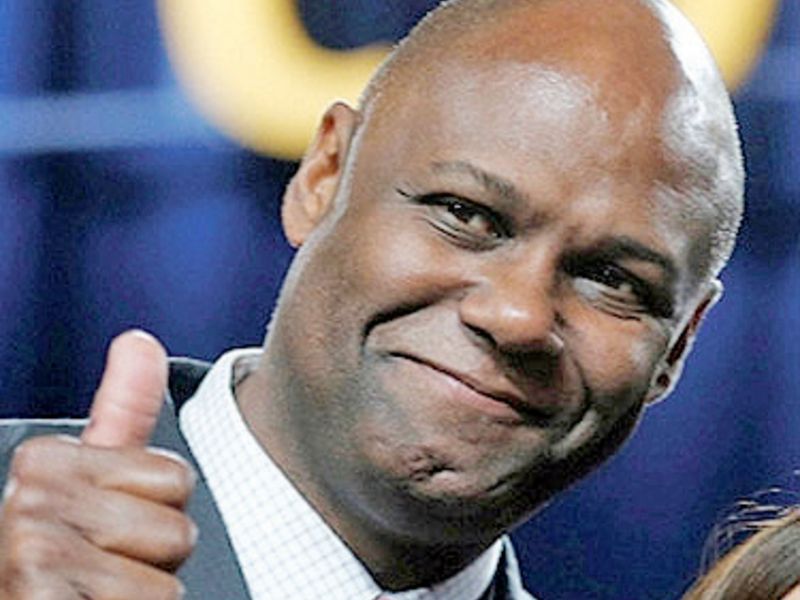
DETROIT — Ray Curry, who last week became the UAW’s fourth president in three years, will be challenged to grow the troubled union in a time of unprecedented change as the industry shifts to electrification. That’s assuming he can win reelection next year in what could be the first direct vote by rank-and-file members in decades.
Curry, 55, was selected by the UAW International Executive Board to serve the final year of Rory Gamble’s term. Gamble, 65, was barred by union age limits from running again next year and chose to retire early in the hopes of setting up Curry as a potential multiple-term leader.
The format for next year’s election will depend on the outcome of a referendum later this year, when members will decide whether to adopt a new one-member, one-vote system for choosing their leaders. The referendum is one condition of the UAW’s six-year settlement with the government over the corruption scandal that resulted in prison sentences for Gamble’s two predecessors and other former officials.
If the one-member, one-vote system is approved, Curry’s reelection bid in June 2022 could be the toughest for an incumbent president in recent union history.
Whoever wins would be in charge as the union works to organize workers at battery plants planned by General Motors and Ford Motor Co. and when it negotiates new contracts at a time when startup automakers are rolling out electric vehicles built with lower-paid, nonunion labor.
“There’s no shortage of challenges,” Art Wheaton, a labor professor at Cornell University, told Automotive News. “Ford and GM want to build all these battery plants, but are they willing to pay the same wage scale as making engines and transmissions?”
Both automakers have indicated they’ll add U.S. battery plants in the coming years through joint ventures but have so far declined to commit to using union workers. They have, however, indicated support for potential unionization efforts.
Curry has experience leading organizing drives during his time as assistant director and later director of Region 8, which covers much of the South. The UAW says Curry helped forge new labor agreements with parts suppliers and was key in organizing the region’s first gaming bargaining unit. But since 2014, the union has lost two high-profile organizing drives at Volkswagen’s plant in Tennessee and one at a Nissan plant in Mississippi.
Still, Wheaton said Curry’s experience in so-called right-to-work states will be beneficial.
“Organizing in Detroit, where there’s some fondness for having union representation, is different than Tennessee,” he said. “He has that battle-tested mentality. Having some successes coming out of that region is helpful for him.”
Aside from that, Curry must continue to deal with the fallout of the corruption scandal, which might have led to a government takeover but for the financial and ethical reforms enacted by Gamble and Curry, who was secretary-treasurer since 2018.
“As president, I pledge to continue to build upon our commitment to a culture of transparency, reforms and checks and balances,” Curry said in a statement.
“I want to also say that I will be embracing the model that has been set forth by my brother and friend, Rory L. Gamble, to be accessible and accountable to our members, to keep them informed and engaged. Rory has led us through the storm, and we are so grateful for his leadership.”
Curry joined the UAW in July 1992 as a truck assembler at Freightliner Trucks in Mount Holly, N.C., according to a UAW biography.

